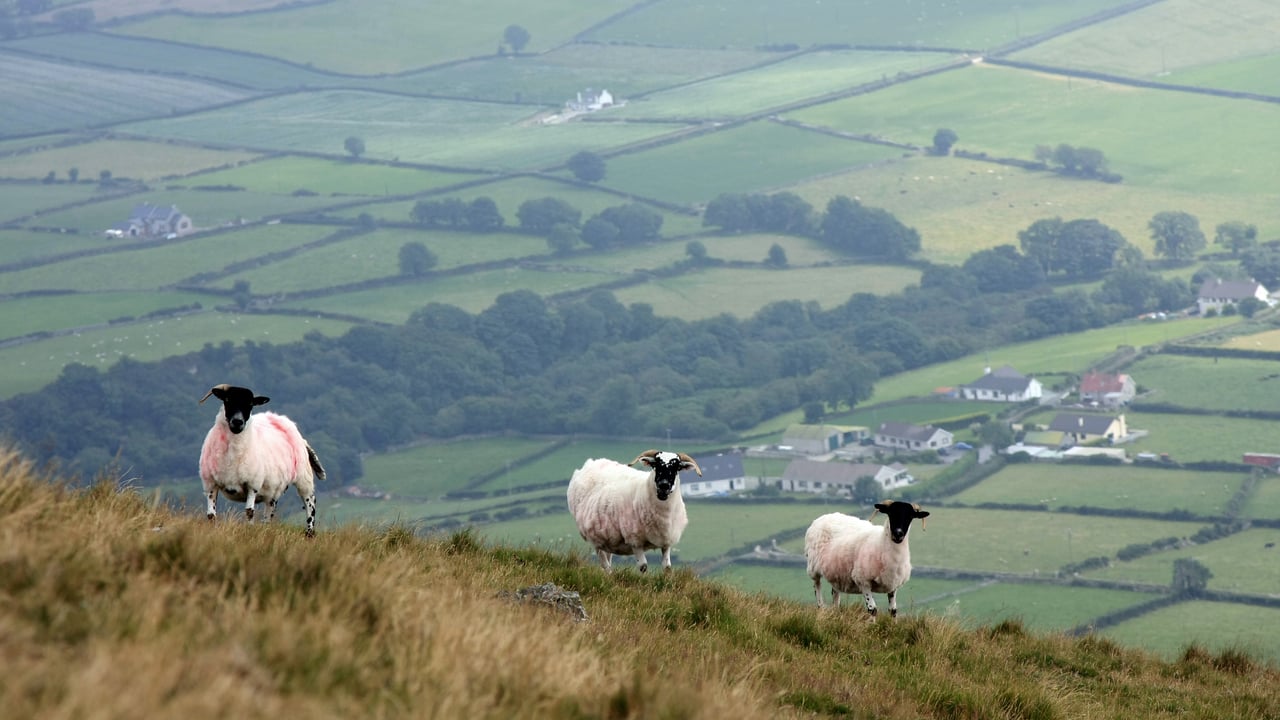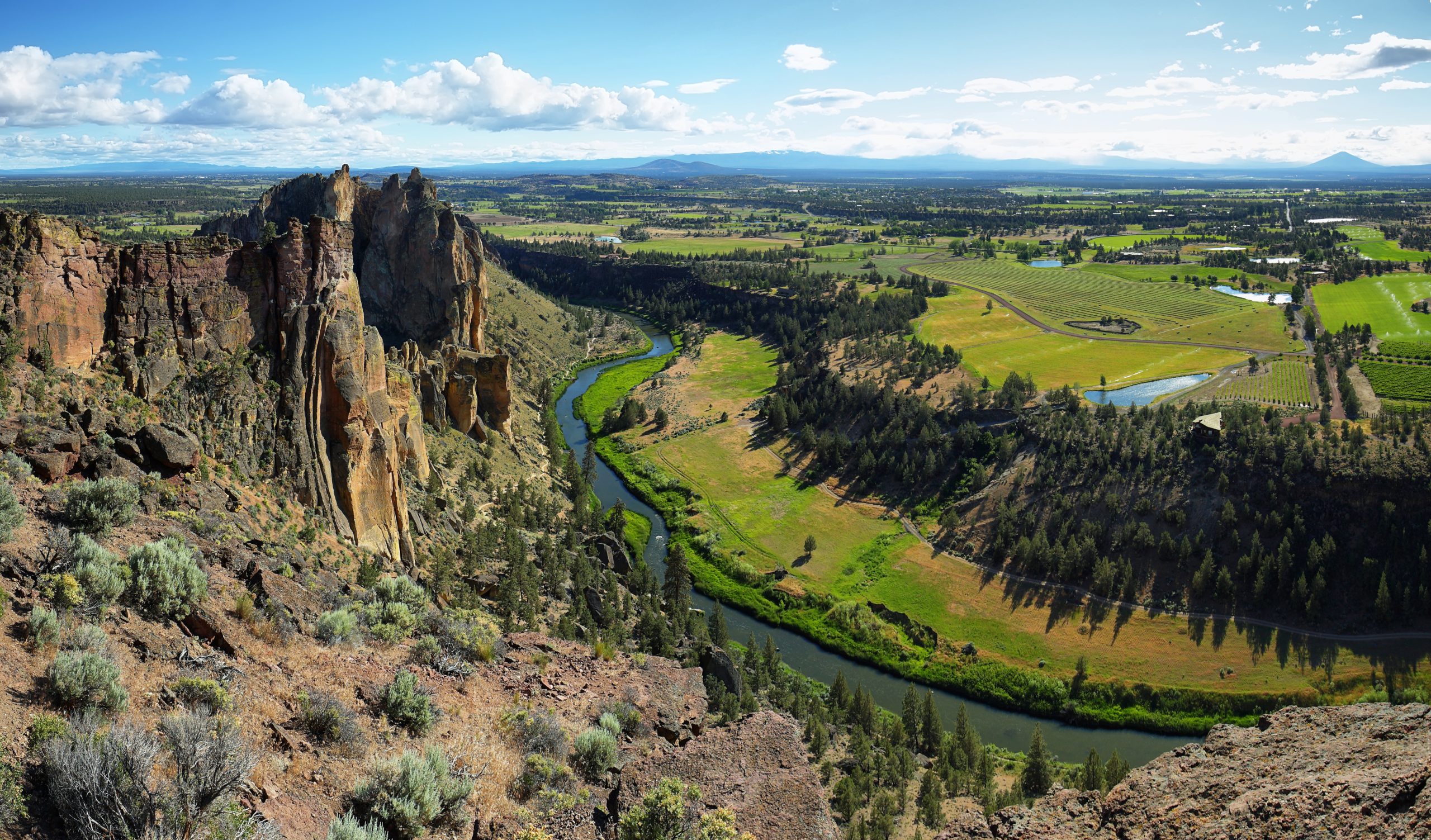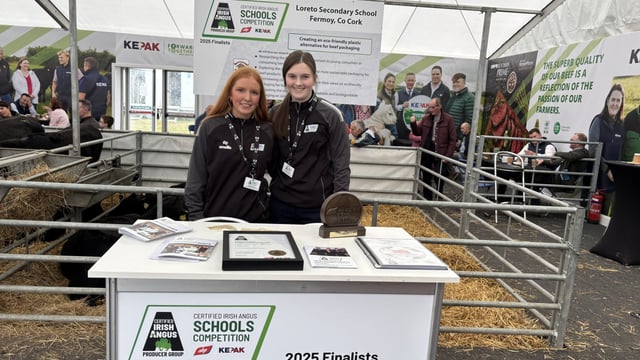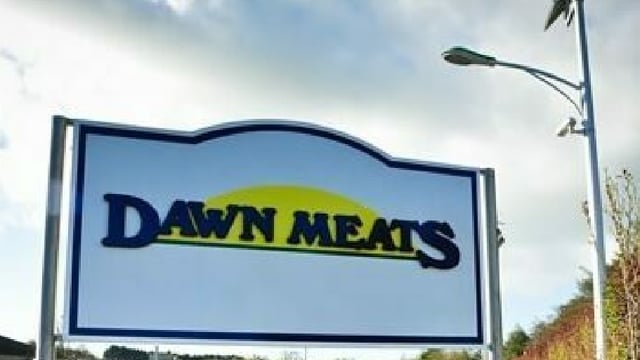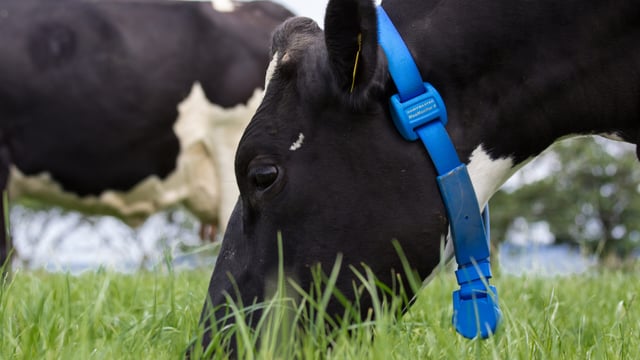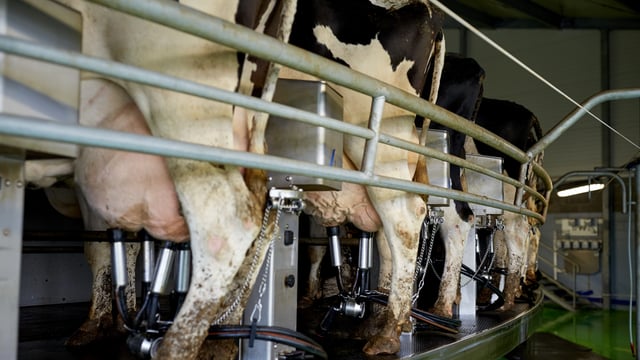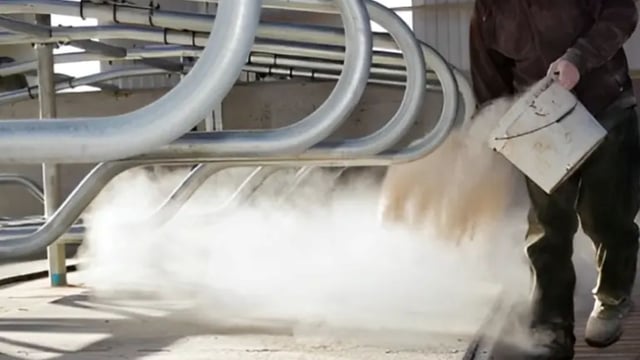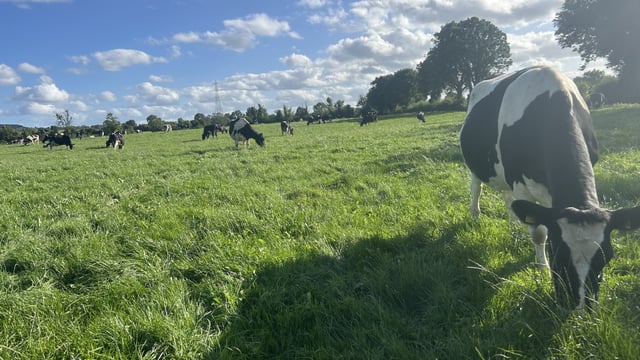Einstein knew the solution – as did the man at the Connemara fair
The words were spoken in plaintive tones amidst the plaintive tones of country music in a country pub.
“That Michael Davitt wrote to me again today. I’m fed up with him.”
I could read between the lines.
The section of the Department of Agriculture, Food and the Marine in Castlebar in Co. Mayo is located in Michael Davitt House in the town. The letterhead carries the name.
Fittingly too. It is the home county of the Land League founder.
Bureaucracy
They are nice and fair people in Michael Davitt House, but they have to send out letters and follow the rules.
Now let us not think less of this good man in the pub because he was not versed in Irish history.
Schooling was scarce in his place, and in his time; it was just about enough for people to survive the weather and to survive life itself – “an saol agus an aimsir” as it is stated in the Irish language.
In his own place and time, this hill farmer knew all about the unyielding lands, and how to somehow make something of them.
But this officialdom, and those letters, were a hill too high.
As he held the letter gingerly, it reminded me of what Domhnall Mac Amhlaigh said about Irish men on the building sites of England in the 1950s.
Mac Amhlaigh worked on the building sites himself, and he was the author of a seminal book in Irish – translated to English and titled An Irish Navvy.
It was incongruous, Mac Amhlaigh said, to see how an item as insignificantly small as a writing pen seemed to put so much stress on those strong and capable men.
They could have been horsing with a pick and shovel, and heavy loads, a moment before taking this fearsome little object into their hands to sign their names.
One man in the pub in the hills said there was a solution and you need’nt be Einstein to figure it out.
He burned all brown envelopes without ever opening them - into the back of the fire! But he lived a different life in a world of simple tastes.
It is truly understandable that the farmer’s worst nightmares nowadays - 60% of them - relate to bureaucracy.
More regulation, and computer boxes to be filled. How did life on the farm, be it a large tract of the golden vale or a jagged outcrop on the Twelve Bens, go on before now?
Wild west
A long time ago, men from Connemara went to Oregon and Idaho in the far west of the US tending to sheep.
That was between 1870 and the 1940s. It was an unusual type of emigration because most emigrants went to cities.
Whatever way the link to the “wild west” started up, it is a great story.
The Connemara men were used to counting sheep on the Twelve Bens, or the Mám Toirc mountains, but Oregon was different.
Where there were hundreds in Connemara, there could be thousands in Oregon.
However, one particular man distinguished himself as a counter. He was once asked how he did it.
Simple, he said: “I count their legs as they go out the gap and I divide the final figure by four.”
You could not beat keeping it simple.
Going to the mountain commonage to bring home the cows once posed a different problem. If you did not know your own cows and extricate them from the mix, your reputation was ruined.
On-street fairs
And then there was the open on-street fairs.
One day, at a fair in Connemara, a man had a heifer on sale. At a certain point - not long after he arrived - the man went to the pub nearby.
On returning much later his heifer had gone wandering too. He enquired of everybody about the heifer.: “An bhfaca sibh budóg thart?”
One man eventually became impatient and put it straight to him: “Would you know your heifer if you saw her?"
The man, minus his heifer, studied the skies above and answered slowly: “I might’nt - but she would know me.”
Albert Einstein with all his knowledge stated: “Simplicity is genius”.
Simple systems were never beaten - on the fair or in Brussels.
